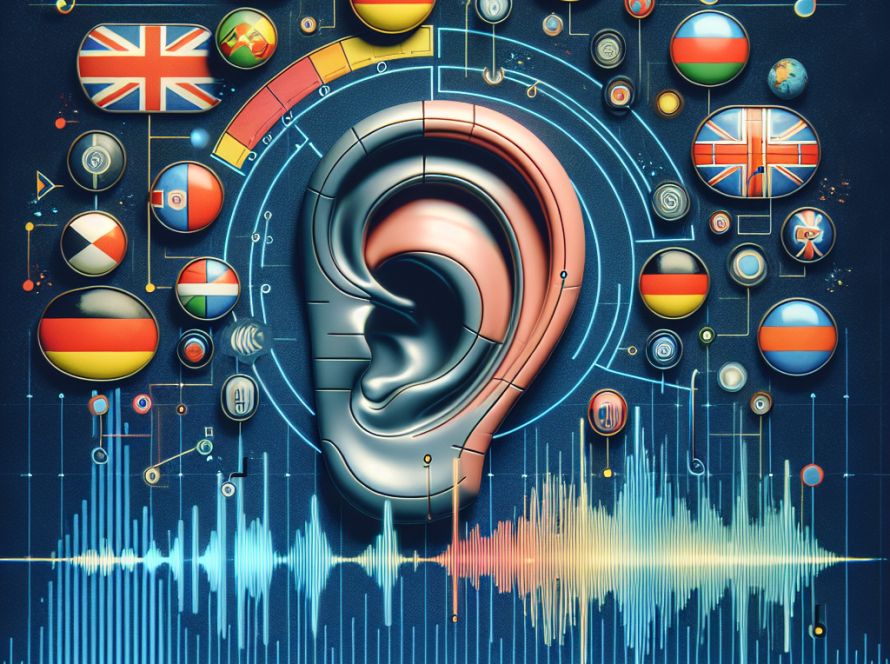While technological advancements have brought about an era where artificial intelligence (AI) voices closely mimic the sound of human speech, correctly identifying whether a voice has originated from human or AI remains a taxing task for most people, according to a new study from psychology researchers at the University of Oslo. As voice cloning technology continues to progress and blur the lines between human and machine-voiced speech, concerns over ethical and safety issues mount.
The Norwegian study tested the ability of 43 participants to distinguish between human and AI-generated voices, finding that participants struggled in accurately identifying both, with accuracy rates of 56% and 50.5% respectively. The researchers also concluded that emotions conveyed through the voices influenced the ability of participants in identifying the voices correctly, with higher accuracy reported in identifying neutral AI voices (74.9%) compared to neutral human voices (23%), implying we may more often mistake AI voices for human ones if they express happiness.
Though human listeners may find it difficult to consciously differentiate AI from human voices, the study found that the human brain does indeed subconsciously register differences between the two. Using functional magnetic resonance imaging (fMRI) scans while participants listened to the various voice samples, it was observed that AI voices triggered increased activity within the right anterior midcingulate cortex, right dorsolateral prefrontal cortex, and left thalamus; these areas are linked to heightened vigilance and cognitive regulation. In comparison, human voice samples stimulated stronger responses within the right hippocampus and areas related to emotional processing and empathy, including the right inferior frontal gyrus, anterior cingulate cortex, and angular gyrus.
Despite the difficulty in distinguishing between the two voice types, participants rated human voices as more natural, trustworthy, and authentic, particularly the happy voices and expressions of pleasure. As AI voices become increasingly human-like, the findings of the study suggest that the human brain may instinctively recognize when something isn’t as it appears and adjust its response accordingly. The researchers highlighted that while efforts have been concentrated towards the development of technological solutions to detect AI voices, there remains a paucity of knowledge regarding how the human brain reacts to synthetic voices.
For AI voice cloning technology to be successfully and ethically integrated into society, understanding human cognitive responses could provide indispensable insights. As it stands, the study suggests our brains could be naturally attuned to recognise the subtle discrepancies distinguishing human voice from its synthetic counterparts, though with the relentless pace of AI voice generation advancements, our subconscious may require additional aid to keep up.

